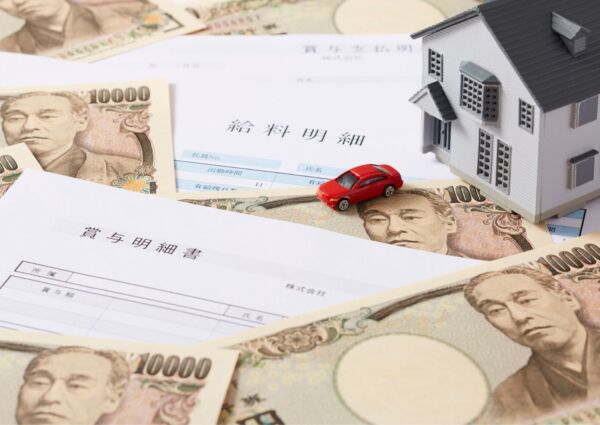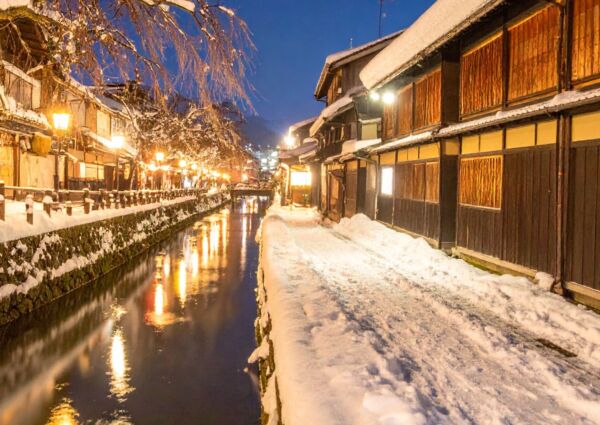Life in Japan
September 19, 2025Your First Job Interview in Japan: How to Prepare and What Japanese to Use

Imagine walking into the reception area of a Japanese company. You’re nervous, dressed sharply in your suit, résumé in hand, and you know that in just a few minutes you’ll need to make your best impression. A job interview in Japan (mensetsu 面接) is not like in the rest of the world—here, every detail matters.
Preparation Starts Before You Enter
It’s not only about practicing common interview questions. In Japan, respect and formality are just as important as your answers. Arrive at least 10 minutes early, greet the reception staff politely with a 「おはようございます」 (ohayō gozaimasu, good morning) or 「こんにちは」 (konnichiwa, good afternoon), and wait until you are invited to proceed.
Always bring your 履歴書 (rirekisho), the standard Japanese résumé format. If you also have a Japanese language certificate (like the JLPT), that’s even better.
 The First Face-to-Face Moment
The First Face-to-Face Moment
The interview begins the moment you open the door. Step in calmly, say:
「失礼いたします」 (Shitsurei itashimasu, “Excuse me”)
Then bow politely, enter, and wait until you are invited to sit. Keep your posture straight, hands on your lap, and maintain eye contact.
A formal opening line could be:
「今日はお時間をいただき、ありがとうございます。」
(Kyō wa ojikan wo itadaki, arigatō gozaimasu.)
“Thank you for taking the time to meet with me today.”
Then introduce yourself:
「_____と申します。よろしくお願いいたします。」
(_____ to mōshimasu. Yoroshiku onegai itashimasu.)
“My name is _____. It’s a pleasure to meet you, and I appreciate your consideration.”
Common Interview Questions
Japanese interviews often include questions like:
-
「自己紹介をお願いします。」
(Jikoshōkai o onegaishimasu.) – Please introduce yourself. -
「どうして日本で働きたいのですか?」
(Dōshite Nihon de hatarakitai no desu ka?) – Why do you want to work in Japan? -
「御社を志望した理由は何ですか?」
(Onsha o shibō shita riyū wa nan desu ka?) – Why did you apply to our company? -
「前の仕事でどんな経験をしましたか?」
(Mae no shigoto de donna keiken o shimashita ka?) – What kind of experience did you gain in your previous job? -
「あなたの長所と短所を教えてください。」
(Anata no chōsho to tansho o oshiete kudasai.) – What are your strengths and weaknesses? -
「将来の目標は何ですか?」
(Shōrai no mokuhyō wa nan desu ka?) – What are your future goals?
What matters most is not giving the “perfect” answer, but showing motivation, clarity, and sincerity.
Useful Vocabulary to Know
-
学歴 (gakureki) – Education
-
職務経歴 (shokumu keireki) – Work history
-
経験 (keiken) – Experience
-
実績 (jisseki) – Achievements
-
履歴書 (rirekisho) – Japanese résumé
-
志望動機 (shibō dōki) – Motivation for applying
-
強み (tsuyomi) – Strength
-
弱み (yowami) – Weakness
-
責任 (sekinin) – Responsibility
-
協力 (kyōryoku) – Cooperation
-
忍耐力 (nintairyoku) – Perseverance
-
適応力 (tekiōryoku) – Adaptability
-
挑戦 (chōsen) – Challenge
-
成長 (seichō) – Growth
-
将来 (shōrai) – Future
Example Phrases for Your Answers
-
「私の強みは責任感が強いことです。」
(Watashi no tsuyomi wa sekininkan ga tsuyoi koto desu.)
“My strength is that I have a strong sense of responsibility.” -
「新しい環境に早く適応できます。」
(Atarashii kankyō ni hayaku tekiō dekimasu.)
“I can adapt quickly to new environments.” -
「御社で自分の経験を活かしたいです。」
(Onsha de jibun no keiken o ikashitai desu.)
“I would like to make use of my experience at your company.” -
「将来的にはリーダーシップを発揮したいです。」
(Shōraiteki ni wa rīdāshippu o hakki shitai desu.)
“In the future, I would like to demonstrate leadership.”
Leaving a Good Final Impression
At the end of the interview, bow again and say:
「本日はありがとうございました。」
(Honjitsu wa arigatō gozaimasu.)
“Thank you very much for today.”
Close with another 「失礼いたします」 (Shitsurei itashimasu) as you exit, and make sure to close the door gently.
Final Tip
Don’t worry if your Japanese isn’t perfect. What interviewers want to see is your respect for Japanese culture, your willingness to learn, and your motivation. Even if your language skills are basic, using polite expressions and showing effort can make a strong impression. In Japan, attitude and respect often matter just as much as technical skills.



